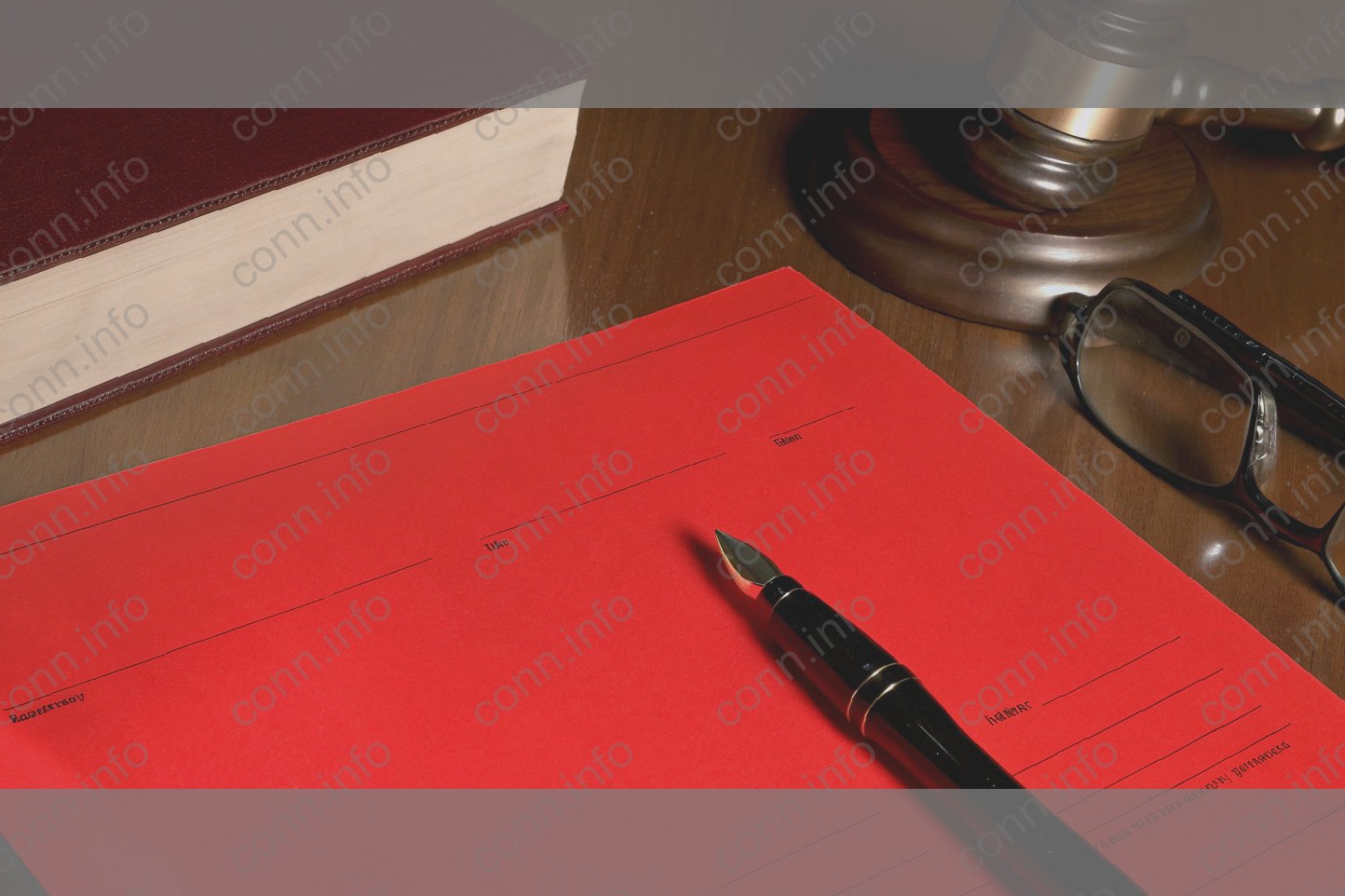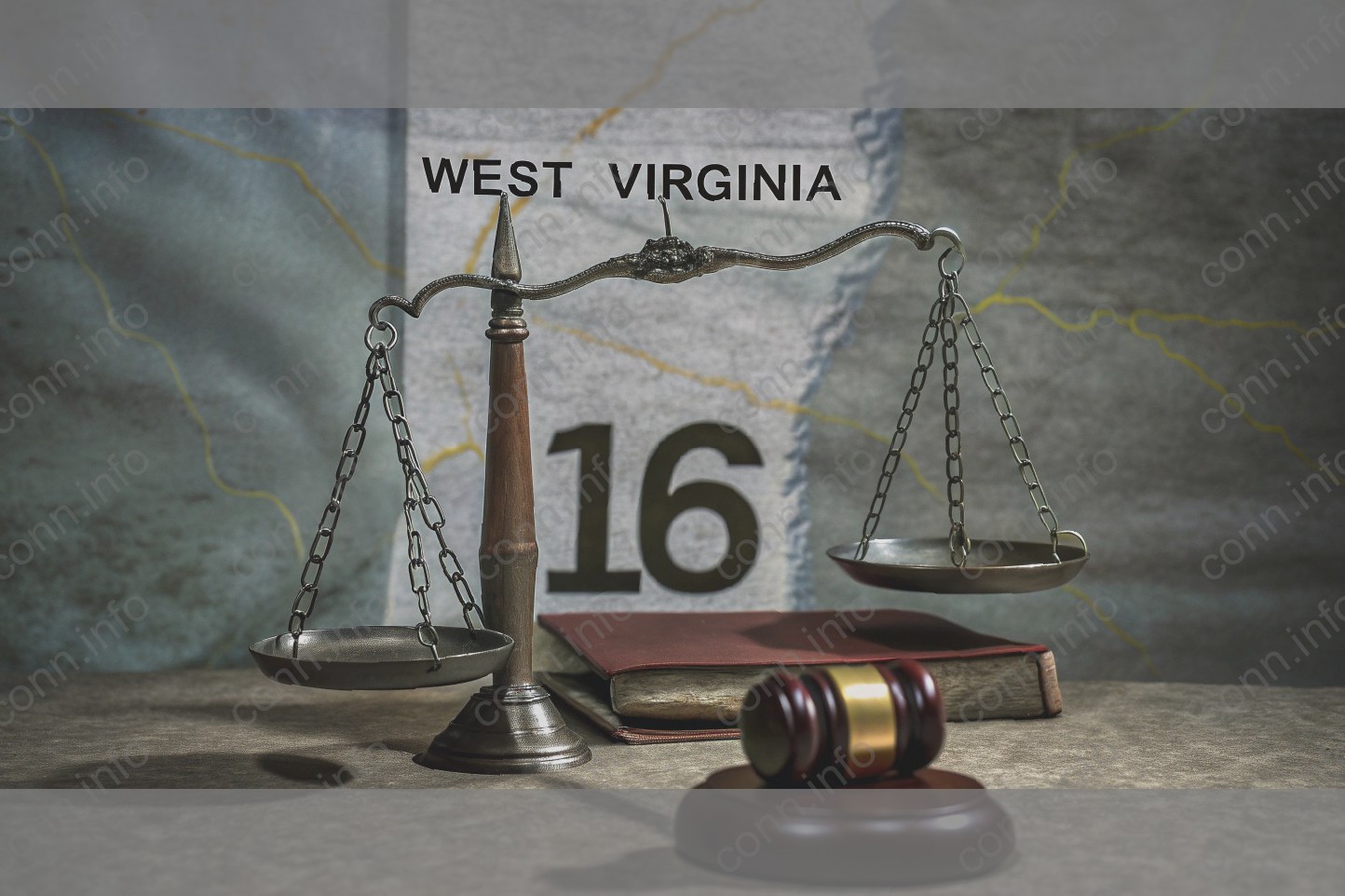What is a Legal Guardian Consent Form?
What is a legal Guardian Consent Form? Understanding the Nature and Implications of this Document
A legal guardian consent form is a formal document that allows an individual (the "guardian") to authorize or give permission for another person in their care, whether a minor or mentally impaired adult, to perform a certain act in the best interest of the individual who is subject to guardianship. Guardianship is essentially a legal right that a judge can give to an individual to represent and oversee all financial, legal, and medical decisions of the incapacitated ward.
Essentially, the guardian consent form is the ability of the legal guardian to sign off on the decisions that the ward or person in his/her care is unable to legally consent to. This can include healthcare decisions when an individual has become incapacitated due to aging, mental impairment, or other disease. The guardian consent form will require specific information such as the name of the legal guardian, the name of the person covered under the form (ward), other interested parties, and the statement of consent .
Legal guardian consent forms are important because they protect individuals who become incapacitated, from unwanted actions. For example, if a child is adopted by a set of parents, the biological parents consent form is typically changed after the adoption so that both the biological parent and the adoptive parent are allowed to make healthcare decisions for that child ifs/he ever becomes incapacitated. This way, no biological parent from the child’s past can return later in life and make medical decisions for the child that may not be in his/her best interest.
It is important that legal consent forms be determined by the proper authority (whether it be a family member or a legal authority) and created as soon as possible once the individual is deemed legally incompetent or incapacitated to make their own decisions. Generally speaking, the healthcare provider will require a legal consent form whenever the patient is discovered to be legally incompetent at the time of his/her appointment.

Common Characteristics of Legal Guardian Consent Forms
In deciding on whether to use a guardianship consent form, various factors come into play. While many consent forms are commonplace, a basic understanding of their key elements is necessary. Identification of the legal guardian of the child. The full name of the legal custodian or guardianship must be indicated for proper identification. The identifying of the minor. The full name of the minor must be indicated on the document for proper identification. The specified terms of consent – what the legal guardian of the child can or cannot consent to, The signing and dating of the form. In most instances, the signing of the consent form must be dated. The date that the consent form is signed will have bearing on its effectiveness. Hence timely signing the form is very important. Legally required signatures. Some states require the signature of a notary public or other witnesses in order to have the consent form legally binding. As with any legal document, particularly concerning minors, having an attorney review the form or drafting the form may be a prudent course of action if there are any questions or concerns.
When Do You Need a Legal Guardian Consent Form?
There are a number of standard situations in which having a legal guardian consent form is necessary, and sometimes legally required. Any parent or guardian who brings children into foreign countries should have a signed consent form that grants them permission to travel with their minors, whether they travel with close family members such as grandparents or aunts and uncles, or with a friend.
If an adult wishes to bring another adult to the hospital for medical treatment or discussion, there will likely be some paperwork to fill out. While the adult being treated or examined is that adult’s health care proxy, unless the person is provided for under a presumption of incapacity – that a person is under age 18, for example, or is deceased — his or her legal guardian or authorized caretaker would normally be expected to present a signed consent form.
Schools tend to have strict policies about allowing minors to leave the school. If you live outside the school district where your own or another child is attending school, it is a good idea to have a signed guardian consent form that allows you to take on the responsibility of picking up that child and caring for him or her temporarily. The same goes for taking children with you off school grounds on a field trip or on a vacation organized by a private group, whether the kids are yours or not.
Unless he or she is legally able to provide consent on their own behalf, any minor who needs to obtain a driver’s license will need to have one of his or her parents or a legal guardian sign on his or her behalf. In order to obtain a learner’s permit, the same is true.
How to Complete a Legal Guardian Consent Form
To begin, make sure you correctly indicate the formal title of the parent or legal guardian giving consent. Include the full name and contact information of the adult, their address, phone number, and any other relevant identifying information such as an email address. Check for accuracy, as this is critical in case verification is ever needed.
Then, clearly state the subject who is being given permission. Carefully describe the child by name, age and date of birth to ensure clear identification. In cases where a written order to have a child released into the custody of a parent is required, be sure to clearly indicate which parent this concerns.
Next, describe what activities permission is being granted for. This might include general medical conditions that could arise, specific procedures for the physician to perform, or even travel related to the child. Note that there are special rules for out-of-country travel, as indicated above.
Once you’ve included this basic information, have the legal guardian clearly sign, print and date the consent form in the appropriate space to verify their agreement with the document. You must also specify the expiration date of the consent, so that the doctor or nurse has a clear understanding of when the consent begins and ends.
Legal Consequences of Guardian Consent Forms
Before a parent or guardian is allowed to agree or consent to the release of the child’s records as described above, they must satisfy three requirements. One, they must be legally competent; two, they must have the legal authority to do so; and three, there cannot be a conflict of interest between the parents. This third requirement, however, is fairly rare. Competence generally just means being of sufficient mental acuity to understand what is being signed and being in sound mind. Legal authority is broadly determined by the language of state statutes , but here it generally means that the right to consent to the release of records is a parental right that cannot be delegated to a child. A decedent’s will may possibly grant someone other than a parent the legal authority to act as a guardian and as a representative for the estate, but in most situations, unless the right is granted following the death of the parent, parents generally retain the authority to do so.
Accordingly, consent forms are legally binding contracts between the disc administrator and the parent or guardian. Parents or guardians signing these contracts are, therefore, potentially liable for their breach, but in order to truly determine the extent of the liability, the contract must be read in light of the relevant statutes.
Locations to Obtain Legal Guardian Consent Forms
In addition to being found on the websites of legal offices or institutions, consent forms from legal guardians can also be obtained from healthcare facilities or educational establishments. In some instances, the responsible organization might keep a website dedicated to a specific type of consent form while the company name may appear on more general sites or information pages. A number of different materials can be used in conjunction with a legal consent form from the guardian, including a separate document that can identify all of the parties involved in the consent, as well as information and documentation available by phone or in word format after emailing a designated address. If a consent form is to be signed by anyone other than the legal guardian, that individual can be provided with personal information in order to lend support and verification for the consent set forth in the document. Along with the ability to update information and create a paper trail, the consent form has the import of being a legally binding piece of writing that carries the weight of law. Anyone who is required to obtain a legal guardian consent form should familiarize themselves with all of the available resources to help ensure the best possible document is provided to the involved individuals.
Frequently Asked Questions
Can a minor child give consent on his or her own?
No. A minor child generally cannot sign any legal documents, and particularly a document in which the child is giving up any rights. Only a parent or legal guardian of the minor can sign on behalf of the minor.
What if both parents sign the consent form?
If the consent is for a joint legal matter, both parents will likely be required to sign the form. But that does not prevent either from changing their mind, especially if there are disputes about the underlying issue. In such cases, it is advisable to go to court to settle the issue.
What if the legal guardians are separated or divorced?
Typically, it won’t matter. Both legal guardians will need to sign any consent form. If they are sharing joint legal custody of a minor child, it is usually assumed that both legal guardians have equal decision-making authority over the child.
What if the legal guardians are separated or divorced, but one has sole decision-making authority?
Typically , the legal guardian with sole decision-making authority will need to sign the consent form on behalf of the minor child. In some cases, however, the other legal guardian may also need to sign, so always read your consent form carefully.
What if one legal guardian is not present?
If there is a question about whether that legal guardian’s signature is needed, it’s always best to seek the proper legal counsel before proceeding. Generally, judges want the legal guardians’ signatures so very badly that they will be creatively lenient with who "counts" as a legal guardian if the other is not available. But this varies from court to court, so play it safe and ask a lawyer.
Are there any examples of legal guardian consent forms available online?
Yes. A quick search on Google can bring up many examples. However, because consent forms vary quite a bit, it’s important that the form is specific to your situation. Ask your legal advisor if they can provide you with a legal guardian consent form for your situation.


